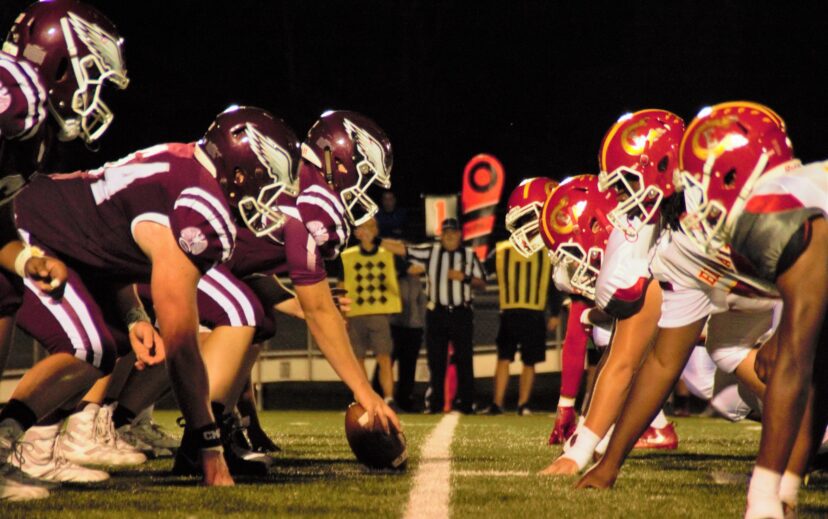In the world of sports, the focus is usually on the athletes, their skills, and their performances. But behind the scenes, a complex web of intellectual property laws plays a significant role in shaping the business and branding aspects of combat sports and major leagues like the NFL. From trademarks protecting logos and catchphrases to copyrights guarding creative expressions, and licensing agreements governing the commercial of those trademarks and copyrights as well as the use of athletes’ names and likenesses, intellectual property (IP) is a fundamental pillar of modern sports.
Trademarks: Branding the Champions
Trademarks are crucial in all aspects of sports as they allow organizations and athletes to protect their brand identity, logos, and names. In combat sports and entertainment, prominent entities like the UFC, Bellator, and WWE leverage trademarks to create a distinct image in the market. For fighters, trademarks can help establish a recognizable nickname or catchphrase, which can be commercially exploited for merchandise and endorsements.
In the NFL, trademarks are vital for teams to secure exclusive rights to their names, logos, mascots, and slogans. The teams’ logos become symbols of pride for fans and are emblazoned on apparel, merchandise, and even licensed products like video games. The NFL also registers trademarks for events like the Super Bowl, further protecting its valuable properties from unauthorized use.
Copyrights: Guarding Creative Expressions
Creative expressions like promotional videos, theme music, and artwork are protected under copyright laws. Promotional materials play a crucial role in advertising fights and NFL games, and unauthorized use of copyrighted content, as with unauthorized use of trademarks, can lead to legal challenges.
Additionally, copyright protection extends to original artwork used in merchandise, posters, and promotional campaigns. Fighters’ original entrance or “walk out” music, walkout attire designs, and even iconic touchdown celebrations fall under this category. Athletes and organizations must be vigilant about licensing and obtaining proper permissions to avoid infringement claims.
Licensing Agreements: Commercializing the Stars
Licensing agreements play a central role in the commercial aspect of all sports. Athletes, leagues, and organizations enter into licensing deals with various companies to allow the use of their names, likenesses, and brands for products and promotions. For combat sports, this could mean licensing a fighter’s image for video games, action figures, or apparel. In the NFL, player likenesses are licensed for trading cards and video games like EA Sports’ Madden NFL series.
Licensing agreements are also prevalent in sponsorships and endorsements. Athletes sign deals with brands, allowing them to use their names and images in advertisements, boosting both parties’ market presence.
Conclusion
Intellectual property laws serve as the backbone of the commercial side of professional sports. Trademarks protect brand identity, copyrights safeguard creative expressions, separate laws protect name, image and likeness and licensing agreements facilitate the commercialization of athletes and organizations. With the ever-expanding global reach of sports, IP protection has become more critical than ever in maintaining the exclusivity and value of sports entities.
As the sports industry continues to evolve, it’s crucial for athletes, organizations, and fans to recognize the significance of protecting and licensing intellectual property, not only for financial gain but also for preserving the unique essence of these beloved sports.



